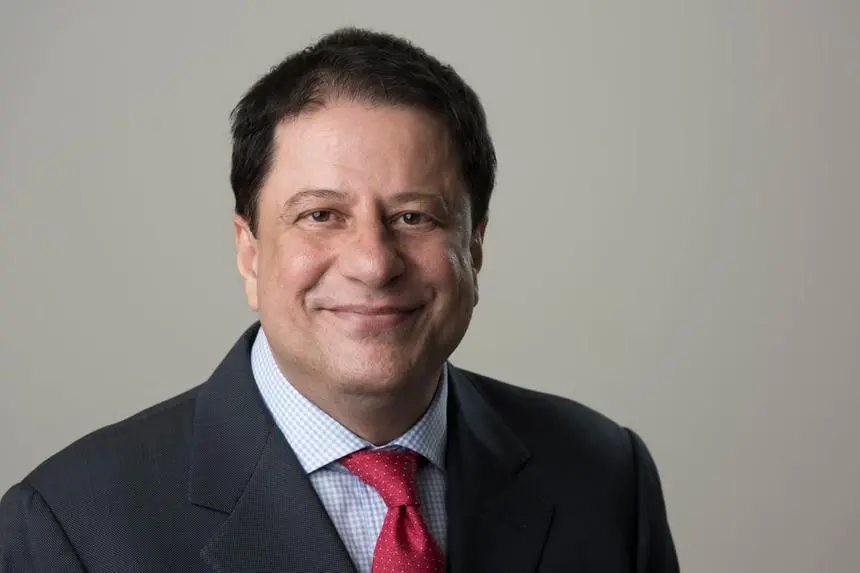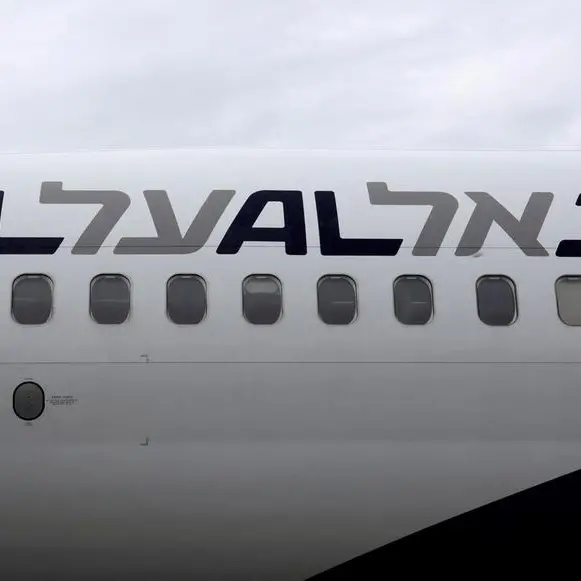PHOTO
“The airlines industry is quite robust at the moment. And just about every forecast that we see from our large airline clients suggests that they see that continuing for the near-term future,” said Firoz Tarapore, CEO, Dubai Aerospace Enterprise (DAE).
That is good news for the airplane lessor, which owns and manages 550 aircraft and leases them to 120 airlines across 60 countries. Based on the size of its fleet and operations, DAE is right up there among the top ten.
Things weren't as rosy for the DAE’s clients just a year ago. The pandemic had brought global travel to a screeching halt and clipped the wings of many airlines. They grounded aircraft and laid off staff. According to one report by McKinsey & Company, in 2020 alone commercial airlines across the world haemorrhaged $168 billion in economic losses.
According to Tarapore, the DAE was one of the few large companies in the business that has not suffered a single negative quarter since the pandemic started.
“The combination of the long-term nature of our business and the diversified nature of our portfolio allowed us to sidestep the large-scale impact we saw on airlines’ financial statements,” Tarapore told Zawya.
Not only did the DAE avoid layoffs but, during the pandemic, it also managed to consolidate and grow the business as it was in “a very strong liquidity position and a very strong capital position”.
Last month, the lessor, which is fully owned by the Investment Corporation of Dubai (ICD), the principal investment arm of the Government of Dubai, said year-on-year (y-o-y) net profit grew only marginally higher.
However, Tarapore pointed out that during H1 2023, the top line grew by a “very respectable 15%.” That the airline industry is seeing demand at an unprecedented level is to the lessor’s advantage.
“Airlines are able to sell their available capacity at attractive rates. They are also confident in their ability to apply this pricing to incremental capacity. As a consequence, demand for our products is very high,” said Tarapore.
The DAE was able to take advantage of the severe downturn in airlines’ business, adding 150 aircraft to the fleet at competitive prices. “The acquisition prices reflect the market conditions.”
Tarapore said the market is projected to require 42,000 new planes over the next 20 years, half of them to replace current fleets and the remainder to meet the growth requirements of the industry.
“Within that, it is a cyclical business; you see ups and downs,” he said. “But when you have a secular uptrend, you take your positioning for the different parts of the cycle into account when you make these decisions. So yes, some planes come to us at attractive prices. Some planes come to us at different prices, but that’s all part of the mix.”
A very large pool
Lessors represent about 50% of new aircraft that come into the system, and that number has been steadily increasing, he said. “And even if it stays at this percentage, if you apply that to the number of new aircraft that are coming into the market over the next 20 years, that’s a very large pool that will allow all meaningful players to grow profitably.”
Lessors base their business on airlines’ need to spread the financial burden of buying aircraft while maintaining operational flexibility. Airlines’ fleets may be fully leased, fully owned or a mix of both outright ownership and leasing. For a low-cost carrier, which usually starts off with a finite amount of capital, the best option is to lease all its fleet, said Tarapore.
Following Russia’s invasion of Ukraine, the DAE, along with other lessors, complied with Western sanctions and terminated contracts with Russian airlines. Moscow barred around 400 foreign-owned jets from leaving the country. The DAE, which filed insurance claims of $1 billion, booked a $538 million write-off for its aircraft stranded in Russia.
Tarapore said the DAE’s case is up for a trial in the UK in October 2024 and that the company is preparing as best it can for that date.
In India too, the DAE is locked in a legal battle over the condition of a plane leased to the bankrupt airlines Go First: the company has been blocked from repossessing the aircraft under the country’s bankruptcy law.
Is the DAE likely to be next on the list of state-linked companies in which the Dubai government is selling stakes as part of a plan to boost the size of its financial market?
Tarapore said he was unaware of any decision by the ICD to take the lessor public. It’s a shareholder decision and “above our pay grade,” he remarked.
Competitive rates
The DAE routinely raises debt from banks, the latest being a multi-tranche deal for $1.6 billion. It is feeling the pinch of higher interest rates like everyone else, but Tarapore feels the rates at which they raise finance are very competitive.
“Our credit spreads today are amongst the tightest in the industry and reflect the quality of the company franchise and balance sheet strength. We are able to pass along the rise in underlying rates.”
The company is looking to grow through acquisition. “For us, it is just finding the right asset at the right price to put on our balance sheet. [...] We are constantly in dialogue with every player in the industry. And if the right opportunity comes along, we lean in.”
Tarapore said he is not looking to expand into other services such as arranging leasing finance, aviation fuel hedging or debt management.
“We want to be a scale player in everything we do, because otherwise, the profits just don’t follow.”
The pie is big enough
With Saudi Arabia’s Public Investment Fund–backed Avilease poised to enter the market after acquiring leasing assets from Standard Chartered, new competition looms on the horizon.
“We welcome the competition,” said Tarapore. “The pie is big enough and is projected to grow in such a way that it can easily handle a rational new entrant.
And I think the fact that it [Avilease] is a patient, long-term investor with rational decision-making is great news from our perspective, because that just means it will translate into rational pricing behaviour in the market.”
On sustainability and environmental, social, and governance (ESG) initiatives, he said the DAE is aligned with all net zero commitments, including the UAE’s and the IATA’s Fly Net Zero commitment for airlines to achieve net zero carbon by 2050. Most of the lessor’s own are Scope 3 emissions (those produced by the company’s clients), he added.
The company, which has the highest ratings from ESG rating agency Sustainalytics, has publicly pledged that the aircraft it will now underwrite are next-generation fuel-efficient ones.
According to Tarapore, cost and availability remain hurdles for the use of sustainable aviation fuel (SAF). “While every aircraft today can accommodate SAF, the cost of doing so is not tenable.”
Indeed, a recent report by Citi Research said SAF demands a green premium of between two and five times that of conventional jet fuel and will, for now, remain an inflationary cost for airlines and their customers.
(Reporting by Brinda Darasha; editing by Seban Scaria)
(brinda.darasha@lseg.com)





















